A LOS ANGELES S’LICHOT
This Jewish community S’lichot Havdallah service features the music of prominent Los Angeles based composers, Ami Aloni, Meir FinkelsteIn, Michael Isaacson, and Sharone Farber.
With cantors from across this city joining together this will be one incredibly musical event.
Breakout sessions will be featured during the evening facilitated by clergy members from various temples in the Los Angeles area.
PLEASE RSVP IN THE FORM BELOW
saturday, september 21, 2019 at 7:00 pm.
temple emanuel of beverly hills
300 n clark drive
Brought to you by:

Cantors from across the city of Los Angeles will perform in this concert
along with the artistic director
and conductor of the LA Jewish Symphony.
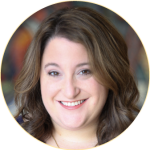
CANTOR LIZZIE WEISS
TEMPLE EMANUEL OF BEVERLY HILLS
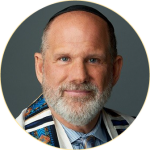
CANTOR CHAIM FRENKEL
KEHILLAT ISRAEL
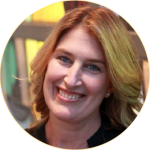
KERITH SPENCER SHAPIRO
UNIVERSITY SYNAGOGUE
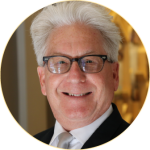
CANTOR DON GURNEY
WILSHIRE BLVD TEMPLE
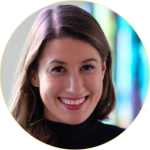
CANTOR LISA PEICOTT
WILSHIRE BLVD TEMPLE
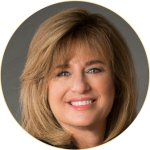
DR. NOREEN GREEN
LA JEWISH SYMPHONY
rabbis from the partnering temples will be facilitating breakout sessions
on a wide range of topics
including t’shuvah, judgement, and accountability.
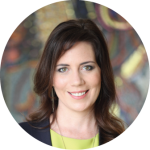
RABBI SARAH BASSIN
TEMPLE EMANUEL
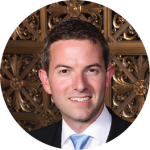
RABBI BEAU SHAPIRO
WILSHIRE BLVD TEMPLE

RABBI BARRY LUTZ
UNIVERSITY SYNAGOGUE
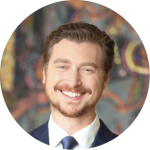
RABBI ADAM LUTZ
TEMPLE EMANUEL
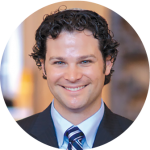
RABBI JOEL NICKERSON
WILSHIRE BLVD TEMPLE
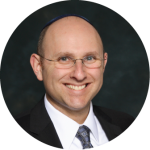
RABBI DAVID ESHEL
WILSHIRE BLVD TEMPLE